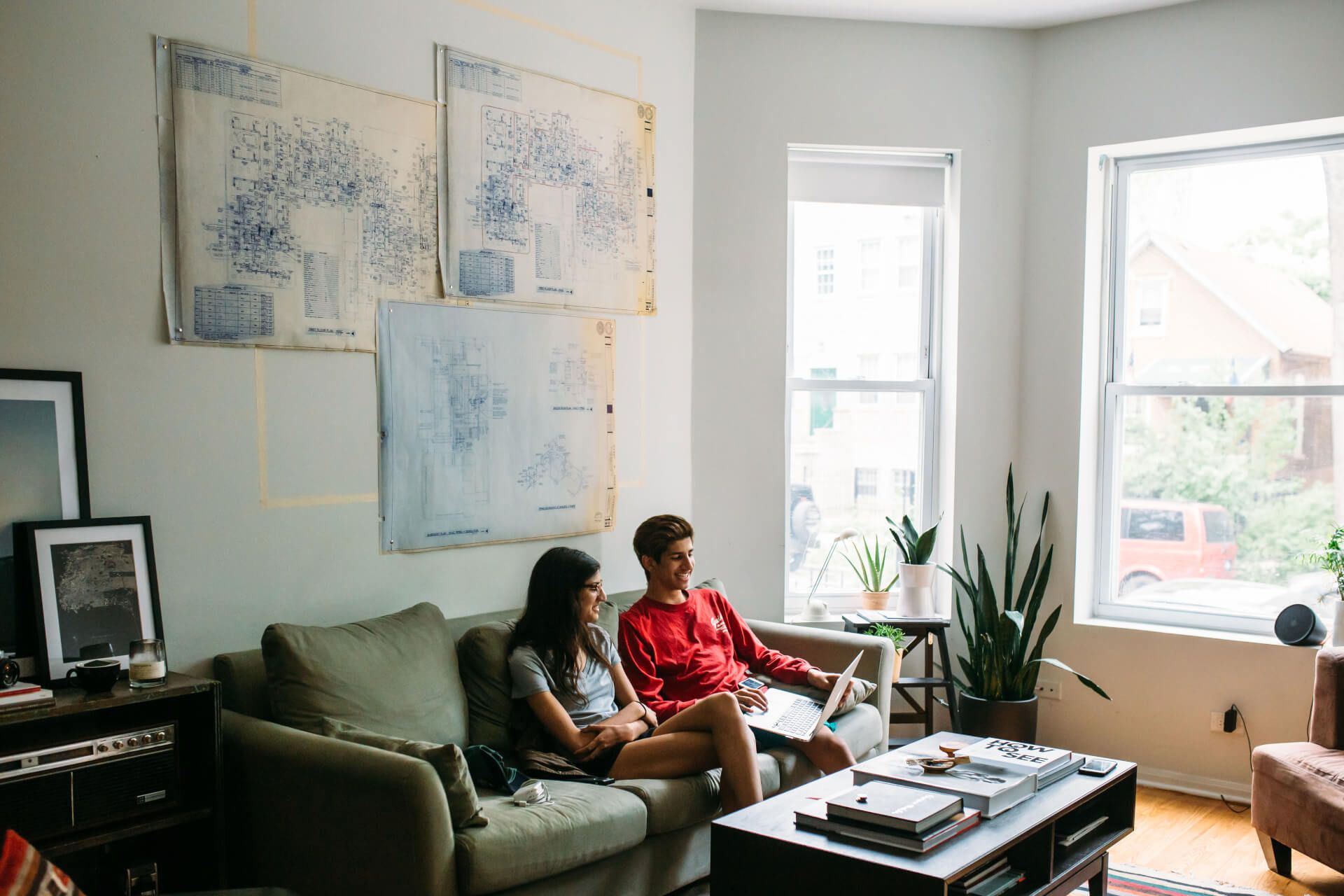
UNO home loans
12th October 2022
Buying property is probably one of the biggest financial decisions you’ll make in your lifetime. As such, it requires a large amount of consideration. It doesn’t matter if you’re buying a six bedroom house on Wolseley Road – or a studio apartment in Tuggeranong, buying property is a very big deal.
Buying property is probably one of the biggest financial decisions you’ll make in your lifetime. As such, it requires a large amount of consideration. It doesn’t matter if you’re buying a six bedroom house on Wolseley Road – or a studio apartment in Tuggeranong, buying property is a very big deal.
Where to start? As a first step, it’s a good idea to work out what your budget is – based on your deposit and how much you can borrow. Luckily, uno has a borrowing power calculator that helps you work out how much you’re working with. We also have a section which details everything you need to know about your borrowing power so be sure to check that out too.
Securing pre-approval for your expected maximum loan amount will then help you negotiate the best purchase price when it comes time to buy. Once you know your budget, you can begin that exciting home search.

There is no magic number when it comes to a deposit, however in Australia the majority of lenders require you to have saved 10% of the property’s value (a couple of lenders may only require 5%).
This means if you’re looking to buy a residential property with a value of $800,000, you’ll need a deposit somewhere between $40,000 (5% of $800,000) and $80,000 (10%).
If you only have a 5% deposit, be aware that this needs to comprise “genuine” savings – i.e. it’s not dependent on your brother selling his car, or a loan from a friend. These are the things that make lenders nervous. Your deposit will affect how much you are able to borrow from your lender. Please keep in mind that money from a parent or third party is known as a gift and not considered genuine savings.
A rule of thumb is, the smaller your deposit, the more rigid the regulations are on it. If you’ve only got a 5% deposit it has to be genuine savings. if you’ve got 10% or more, a gift (from a parent, for example) can be part of it.
If you’re buying an investment property, lenders tend to be more rigid, with most requiring a deposit of at least 10% of the property’s value.
Whether you are buying your first home or your sixth property – and using equity from your previous homes to do so – the rules are still the same. You’ll need at least 5% (and 10% for investors) of the value of the home to put down as a deposit. The same rules apply if you bought a home back in ‘82 and sold it in ‘95, and want to buy a new property in 2018. Just because you’ve done it once, doesn’t mean you get a special deposit discount the second time round.
If you haven’t saved a deposit but want to buy property, and don’t have a sugar mummy, all is not lost. You’ll need to qualify for what’s known as a guarantor loan. A guarantor is usually a family member who is legally responsible for paying back the entire loan if you cannot – or will not (I will not, I say!) – make the loan repayments.
The guarantor will also have to pay any fees, charges and interest. If you have a direct family member who can act as guarantor and use their property as guarantee, you may be eligible for a guarantor loan. Read more about guarantor loans and how to get a loan with no deposit here.
These days, it’s recommended home buyers save as much as 20% of the home’s value to put towards a deposit. But raising a 20% home loan deposit makes it challenging for first-time buyers to enter the property market – particularly given the high prices in our capital cities. The good news though, is that under some circumstances you may be able to secure a mortgage with as little as a 5% deposit. You’ll need to meet eligibility criteria and you’ll have to look ‘safe’ on paper to offset the increased risk your high loan-to-value ratio (LVR) presents.
Typically you’ll need:

The costs involved in buying a home differ from state to state, not only because of the variance in house prices but due to things like stamp duty and legal costs – which tend to be higher in metropolitan cities.
Using uno’s stamp duty calculator, we can see that the stamp duty on a $32 million house in Wolseley Road, NSW is $2,180,768; whereas on a $322,000 studio apartment in Tuggeranong, ACT it is $6,548.
As well as the stamp duty fee itself, you’ll have to pay a transfer fee and a mortgage registration fee. The transfer fee is usually around $200-$300 and the mortgage registration fee around $100-$150.
Before you exchange contracts with the seller, you’ll want to hire a conveyancer. The legal work involved in preparing the contract of sale for a property (if you’re selling), reading it thoroughly and making any changes (if you’re buying), home loan documents and other related docs, is called conveyancing. Costs will differ depending on who you use, but you can expect to pay anywhere from $600 to $1500.
Read: Costs involved in buying and selling property
Really? Sorry bud, you’re going to need some money to invest. Unless you’re Kyle MacDonald. When it comes to buying an investment property, most lenders will want to see a deposit that equates to 10% of the property’s value. In rare cases you might be able to get a guarantor loan, but these are usually reserved for owner/occupiers so don’t get your hopes up.
Australian property prices are talked about in Australia more than the weather is in the UK – and that’s saying something. Asking how much an Australian house costs is a bit like asking the cost of a flat white: it really depends on where you are. In Sydney, a flat white is usually around $3.50 although if you go somewhere like Thirroul on the South Coast it’s not uncommon to pay $4. And don’t get me started on Darwin, where a (pretty average, if we’re being honest) latte can set you back $5! Unbelievable! Especially when you can get all-day parking for twice that! Hang on, we’re talking about property aren’t we?
Book in to speak with a dedicated uno consultant today!
The median property prices in each state change month-to-month, but here’s where they stand, according to February 2018 CoreLogic data: